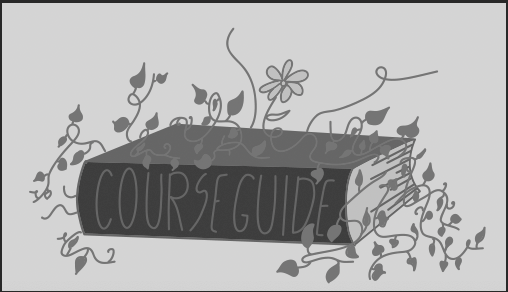Intelligence Quotient. I’m sure those two words, which are usually shortened to just IQ, have crossed your lips or at least grazed your thought process at some point in your lifetime. Everyone has one, and the vast majority of people at the school have a high one.
The quotient is meant to determine how much information can be stored in your brain at a given time, but the problem is that there isn’t a number to tell you how much information you have up there is valuable information.
If you grew up in a household with a mindset of practicality – go to school, get into a good college, be something “great” – then you probably also have heard two things in the span of your lifetime. The first was something along the lines of “you can grow up to be anything you want” and the second, when you finally expressed what you wanted to be, was along the lines of “except that.”
Unabridged creativity has become assimilated and pushed to the margins in the mindset of traditional schooling. Arts programs are not just seen as electives to only be taken if you have room in your schedule, after those extra APs of course, but the classes themselves only allow creativity if it follows a fairly strict guideline.
On day one of my art course this year, my teacher gave an actual Powerpoint Presentation detailing what art is and isn’t. We were to understand that there were some things that counted or did not count as art.
And so I ask: when did art change from a fluid, boundless mass of creativity to guidelines on an assignment sheet?
This constriction of brain function doesn’t just stop at art. The ways in which we are unconsciously taught to talk to authority, with fear and humbling, is neither productive nor constructive. We as human beings and as students should feel free to express our distaste in the administration’s actions or in the student body with fervor and without consequence.
It is odd to me that our ability to speak to the administration about issues in our school community only comes when they have blocked out time, advertised as an act of good faith. That transparency should be the norm, and we shouldn’t have to meekly wait for it to come into our purview for a few days every year.
And yet, nonetheless, the ways in which we as a collective think we know enough to make judgments about complex situations are shortsighted and built on a false confidence perpetuated by our need to look informed and superior.
But the ways in which decisions on International Security are made are not able to be simplified to a high-schooler’s cost-benefit or probability analyses, no matter how much we think we know about politics or the world.
The ways in which we need to be allowed to relate to the world in order to find who and what we truly can be are the exact ways that have been deemed as “not respectable” or “scary.” We should feel empowered to express our deepest, innermost thoughts and feelings no matter who we are talking to or what we are trying to find.
Those are the only ways we can find the truth about why everyone conceals themselves whenever entering a conversation with another human being.
Those are the only ways we can get past the small-talk and fake people and get to the real knowledge that every single one of our brains lacks.
Yes, yours too. Yes, mine especially. I’m not saying you’re not smart; I’m saying none of us are.





































